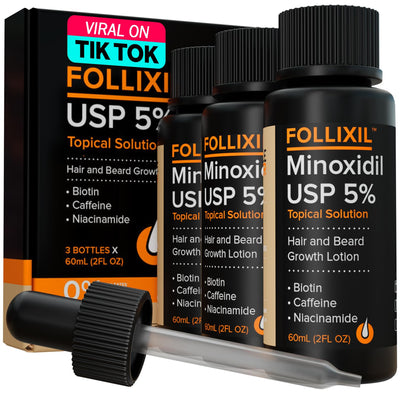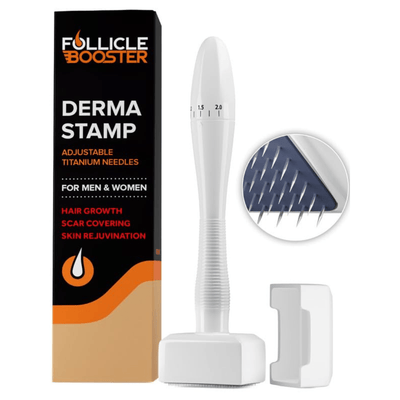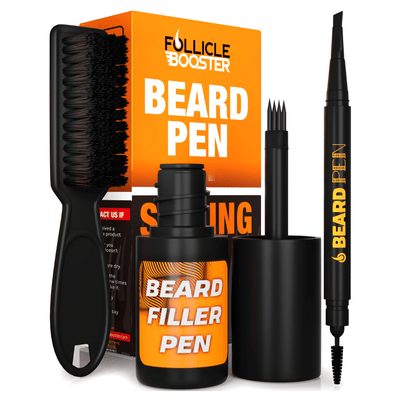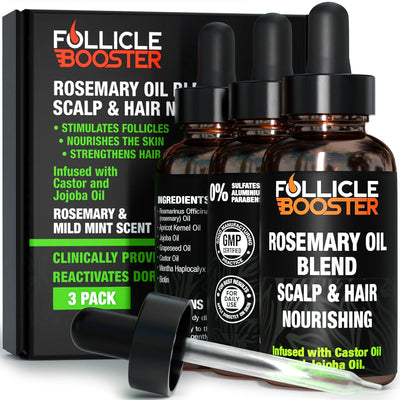What is the relationship between Hair Loss and Menopausal in Women?
You might hate or not want it, but experiencing hair loss is quite a common problem at the onset of menopause. A woman undergoes several chapters and life cycles, such as the Menopausal stage. According to NBC news, Thai researchers scrutinized nearly 200 postmenopausal women's scalps. They found that 52.2 percent had some hair thinning, a condition called female pattern hair loss, according to a report published Wednesday in Menopause. Low self-esteem was found in 60 percent of participants and increased with the severity of hair loss.
Researchers, led by Dr. Sukanya Chaikittisilpa of Chulalongkorn University in Bangkok, recruited 178 women who were already being seen at a menopause clinic. They measured the women's hormone levels and the density of hair in the middle of the scalp, where female pattern hair loss generally begins, as per NBC news.
As you see, menopause doesn't only mean having flashes, night sweats, and even being grumpy.
Women who lose their hair during perimenopause or early menopause often find it difficult to understand why they're losing their hair or what they can do about it. The following information below helps you know how menopause affects your hair.
Menopause Affects Your Appetite
Your nutritional needs are increasing, but your appetite is losing—this is a common scenario in menopause. You need proper Nutrition to have healthy and strong hair. Good Nutrition leads to healthy hair. But most of us take this for granted and opt for instant choices. You are focusing more on foods rich in Iron; Vitamins A, B, E, and D help you achieve strong hair. Healthy food results in a healthy mind. And a healthy mind means a healthy body. Everything is just interconnected to how proper Nutrition plays a vital role in keeping your hair healthy and well-protected. It would be best if you had specific vitamins and minerals to avoid hair loss and take some time to learn the proper food group choice.
Menopause Changes Your Mood
A roller-coaster of emotions is very typical in this stage. Hormonal imbalance contributes to these changes too. According to Web MD, Although depression isn't caused by menopause, studies show that about 20% of women have symptoms of depression during this time. It's more likely if you've had it at other times in your life. If you're feeling increasingly unable to cope, see your doctor. They may be able to recommend medicine, such as antidepressants or therapy, that can get you through this rough time. The body releases a stress hormone such as cortisol when your emotions are unstable or if you are in overwhelming situations. Such a scenario interrupts the body's healthy routine, including hair growth, thus, causing hair thinning and hair shedding.
When you look good, you feel good. When you feel good, you look good. Both reciprocates. Achieving body wellness is essential for you to feel confident and healthy. Look at helpful guides such as Hair Loss courses and FREE videos exclusively for you! Preventing early stages of hair loss is recommended to avoid the worst hair issues in the future.













